
Your Trusted Dental Care Provider In Washington, PA
Washington dentist
, we dedicate ourselves to discovering what matters most to you, ensuring each visit is not just comfortable but leaves you with a healthier smile and a more positive view of dental visits.Expertise & Compassion Combined
Advanced Dental Care
A Team That Cares
Smile! — We’re Here To The Rescue!
Facing a dental issue can be daunting, but at Elizabeth L. Wakim, DDS, you’re in safe hands. Our team is prepared to address your dental needs with efficiency and care, ensuring you walk out with a smile. Whether it’s routine maintenance or an unexpected emergency, we’re here to support your dental health journey.

No Insurance? No Worries!
Plan For Health Membership Plan
- Oral Cancer Screenings
- Fluoride Treatments
- 10% Off ALL Dental Procedures
- 10% Off ALL Dental Products
- Periodic Exams
- Comprehensive Exams
- Emergency Exams
- Digital X-Rays
Welcome to Elizabeth L. Wakim, DDS
Welcome to the dental practice of Elizabeth L. Wakim, DDS, where our commitment extends beyond just your oral health. With our state-of-the-art technology and knowledgeable team, we provide exceptional care for all of your dental needs. Our goal is to create a comfortable and welcoming environment where you feel like family.
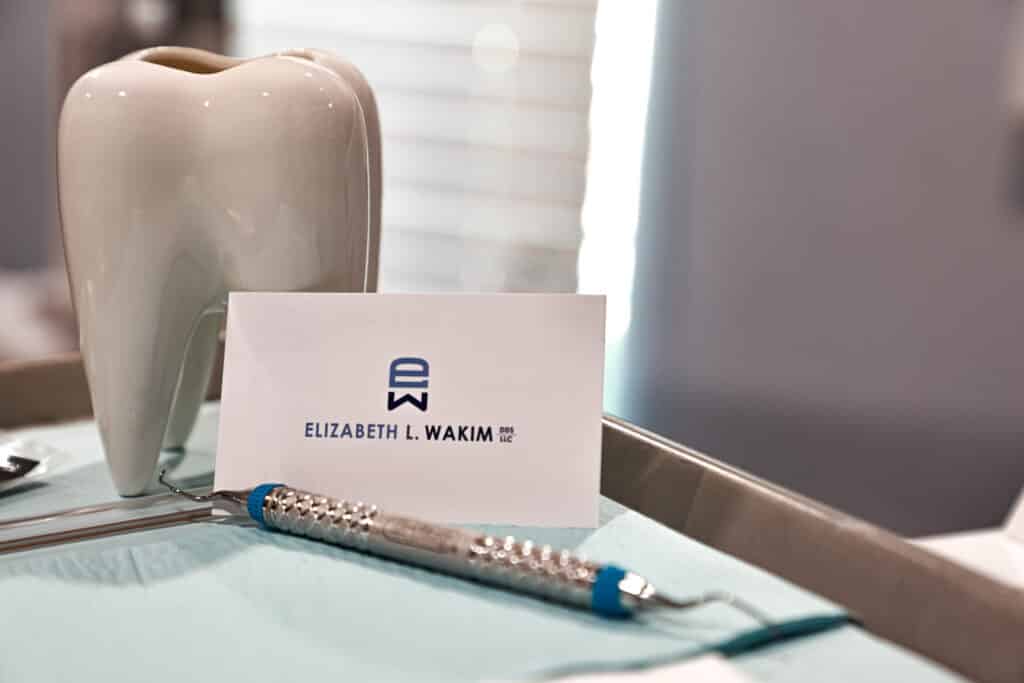
Patient Testimonials
Real Stories From Our Happy Patients
Hear from our satisfied patients about their transformative experiences. Their stories are a testament to our commitment to excellence and compassionate care. We are dedicated to helping our patients achieve optimal oral health and a confident smile.
Testimonials
What Others Are Saying





What We Do
Services
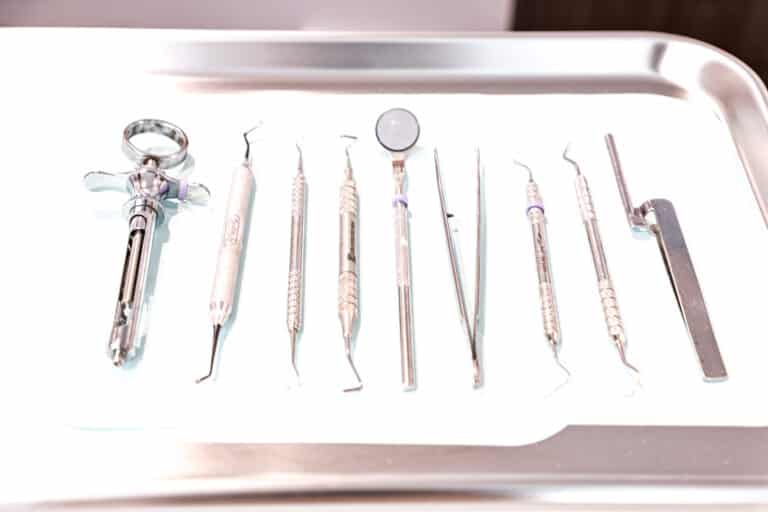
Preventative Dentistry

Aesthetic Dentistry
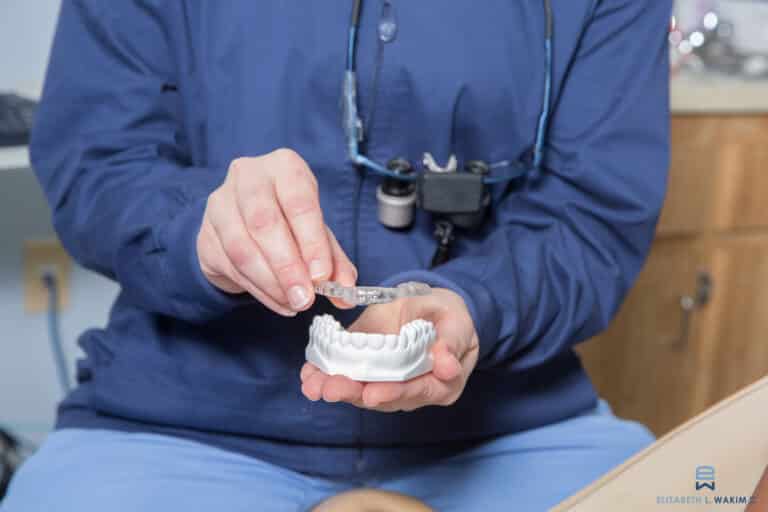
Clear Aligners
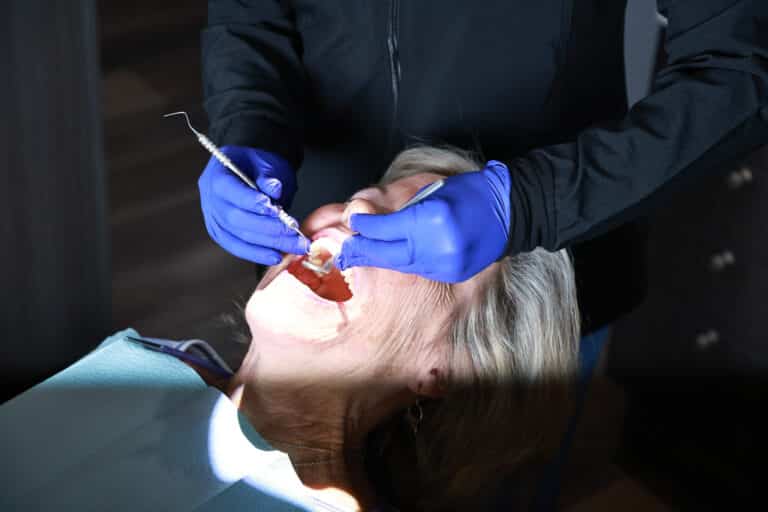
Restorative Dentistry
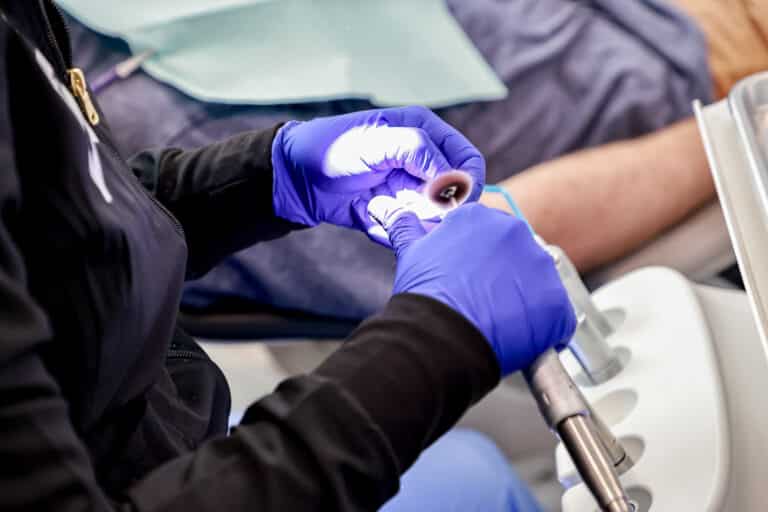
Full-Mouth Reconstruction

Dental Implants
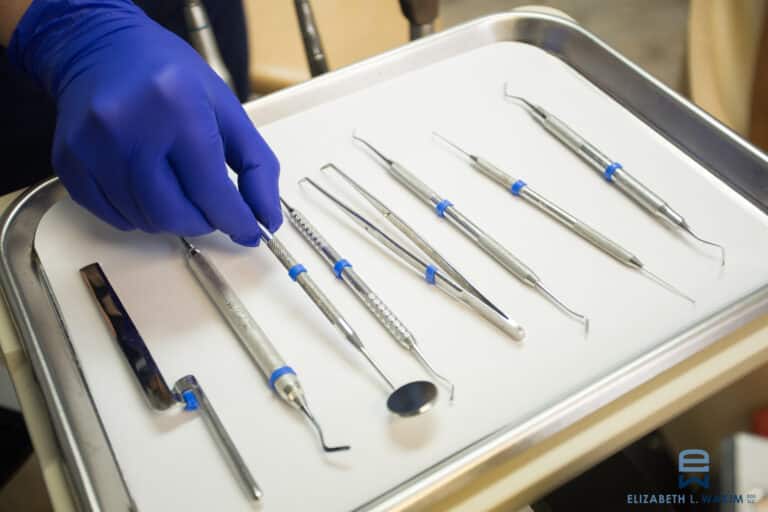
Oral & Maxillofacial Surgery
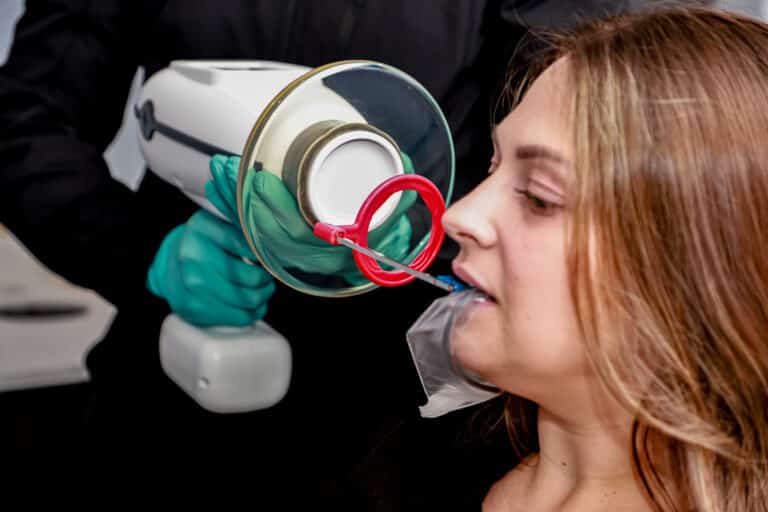
Periodontal Disease Treatment

TMD Treatment
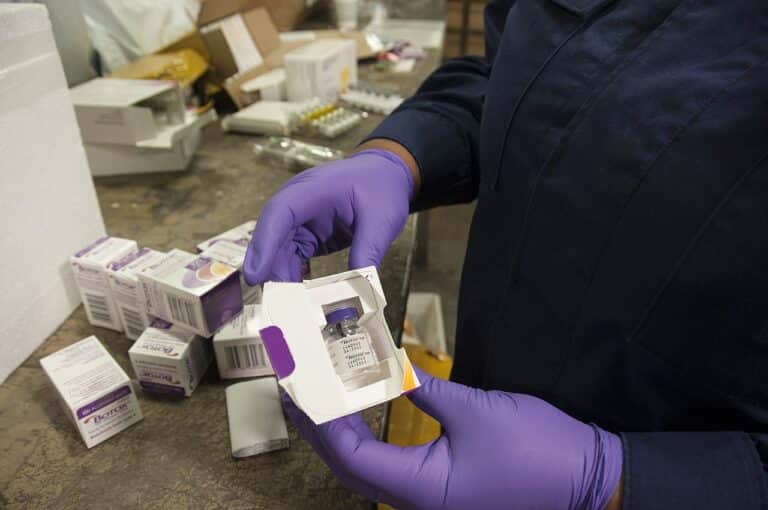
Facial Rejuvenation & Injectables



